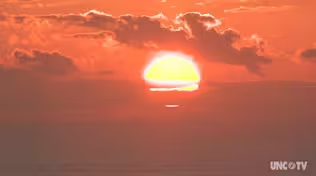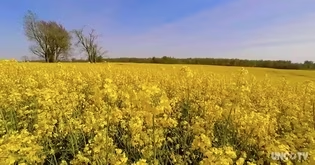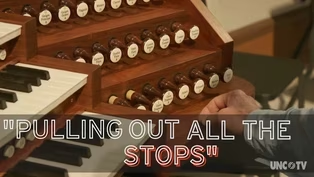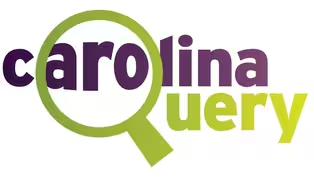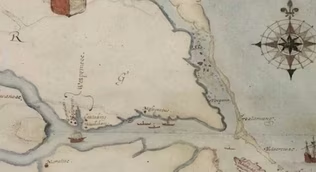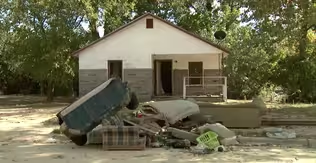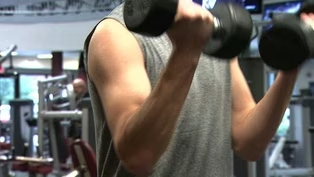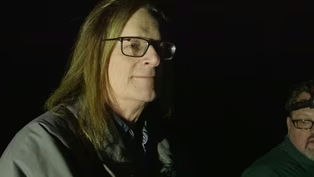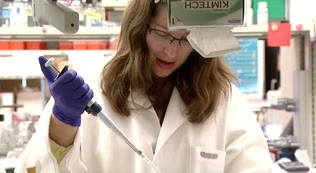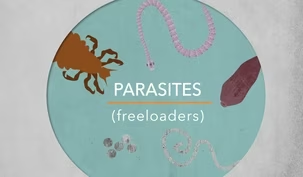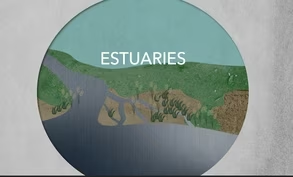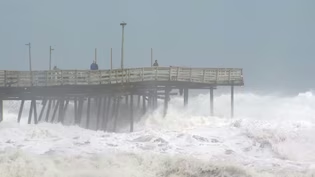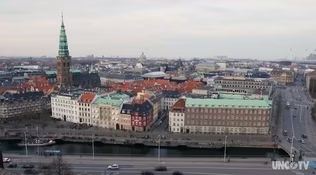
Why rip currents form off the coast of NC
Clip: Season 3 | 49s
Find out how holes in the sand bar lead to rip currents off the North Carolin coast.
Find out how holes in the sand bar lead to rip currents off the North Carolin coast, according to research from North Carolina Sea Grant.
Problems playing video? | Closed Captioning Feedback
Problems playing video? | Closed Captioning Feedback
UNC-TV Science is a local public television program presented by PBS NC
Funding to create UNC-TV's science site was provided by a grant from the Corporation for Public Broadcasting and by UNC-TV members.

Why rip currents form off the coast of NC
Clip: Season 3 | 49s
Find out how holes in the sand bar lead to rip currents off the North Carolin coast, according to research from North Carolina Sea Grant.
Problems playing video? | Closed Captioning Feedback
How to Watch UNC-TV Science
UNC-TV Science is available to stream on pbs.org and the free PBS App, available on iPhone, Apple TV, Android TV, Android smartphones, Amazon Fire TV, Amazon Fire Tablet, Roku, Samsung Smart TV, and Vizio.
Providing Support for PBS.org
Learn Moreabout PBS online sponsorshipWhy rip currents form off the coast of NC
Clip: S3 | 49s | Find out how holes in the sand bar lead to rip currents off the North Carolin coast. (49s)
Meet the scientist making canola oil healthier
Video has Closed Captions
Clip: S3 | 1m 53s | Meet the scientist who's adding omega-3 fatty acids to canola oil. (1m 53s)
Where the phrase "pulling out all the stops" comes from
Clip: S3 | 1m 13s | Learn the origin of the phrase "pulling out all the stops" (1m 13s)
NC Science Now: The Lost Colony
Video has Closed Captions
Clip: S3 | 6m 8s | Archaeologists are uncovering intriguing new clues to the fate of the Lost Colony. (6m 8s)
NC Science Now: Science of Bacteria in Water
Video has Closed Captions
Clip: S3 | 5m 36s | Frank Graff looks at the science behind properly cleaning up from a hurricane. (5m 36s)
Video has Closed Captions
Clip: S3 | 6m | Antiperspirants and deodorants change the microbial life on your body. (6m)
Searching for The Brown Mountain Lights
Clip: S3 | 4m 36s | Astronomers search for western North Carolina's mysterious Brown Mountain Lights. (4m 36s)
The links between cancer and obesity
Clip: Ep393 | 2m 46s | Researchers at UNC Chapel Hill describe the link between cancer and obesity. (2m 46s)
Video has Closed Captions
Clip: Ep12 | 1m 23s | Parasites are nature's freeloaders. (1m 23s)
Why estuaries are hotspots of biodiversity
Video has Closed Captions
Clip: Ep11 | 1m 16s | Estuaries are thriving but delicate ecosystems for a rich assortment of plants and animals (1m 16s)
How climate change leads to stronger hurricanes
Video has Closed Captions
Clip: Ep368 | 6m 5s | MIT scientist Kerry Emanuel describes why climate change is leading to stronger storms. (6m 5s)
The NC Sweet Potato Goes Abroad
Video has Closed Captions
Clip: Ep365 | 3m 15s | The NC sweet potato market in Europe has grown by 1100% in 10 years. (3m 15s)
Providing Support for PBS.org
Learn Moreabout PBS online sponsorship
- Science and Nature

Explore scientific discoveries on television's most acclaimed science documentary series.

- Science and Nature

Capturing the splendor of the natural world, from the African plains to the Antarctic ice.












Support for PBS provided by:
UNC-TV Science is a local public television program presented by PBS NC
Funding to create UNC-TV's science site was provided by a grant from the Corporation for Public Broadcasting and by UNC-TV members.
